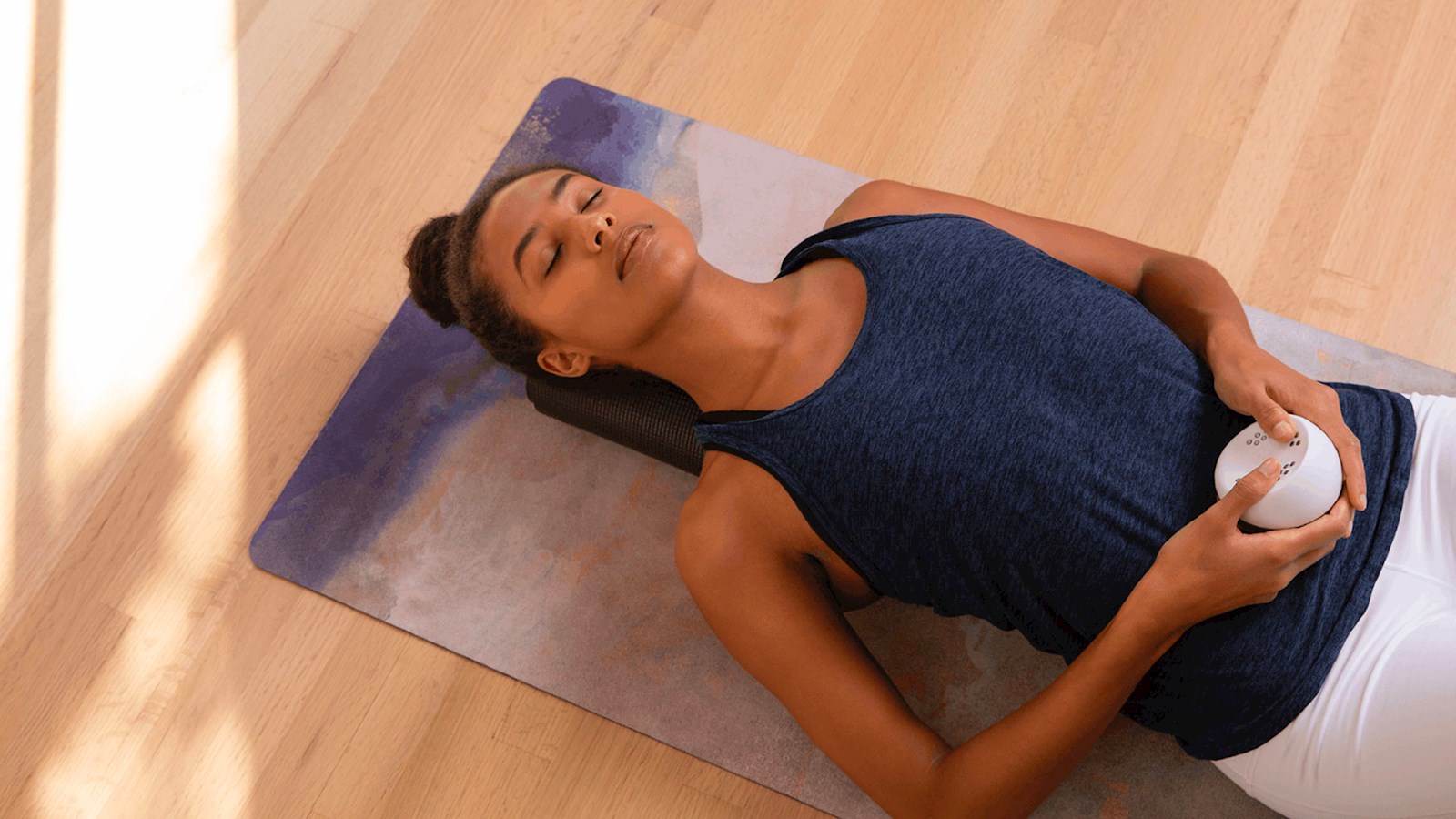
CES 2020: Mindful tech
Spirituality and science merge as the tech industry taps into the mindfulness movement
The modern definition of health is expanding beyond diet and physical fitness to increasingly include mental and emotional wellbeing among consumers and experts alike. The World Health Organisation classified burnout as a diagnosable condition and decreed that stress is the health epidemic of the 21st century. And when asked what they associate with overall health, nearly as many Americans said mental health (75%) as physical health (77%), with almost half (43%) saying they consider mindfulness a part of their overall health, according to data from SONARTM, Wunderman Thompson’s proprietary research tool.
This year at CES, a host of products reflected this shifting understanding of wellbeing. The newest personal health devices to hit the market are moving beyond physical fitness, offering biofeedback to optimise mental and emotional fitness.
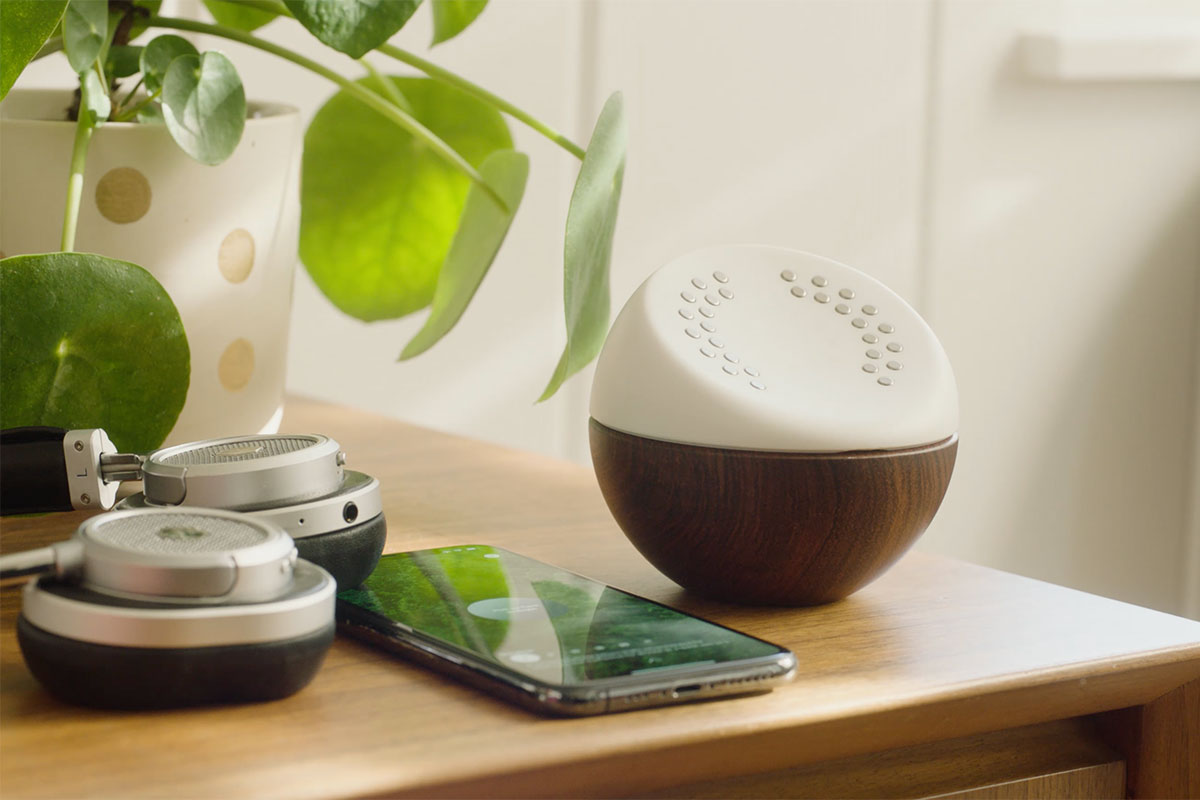
“Mental wellness is at the foundation of all of our other healthy habits and I think consumers are really starting to see that,” Sarah McDevitt, CEO and founder of Core, a new wellness brand “operating at the intersection of technology and wellness”, tells Wunderman Thompson Intelligence.
At CES 2020, Core introduced a meditation trainer that incorporates biometric measurement for a more informed and effective meditation practice. The Core app leads users through their choice of guided meditations, while a small handheld device measures heart rate and provides haptic feedback to encourage steady breathing. After each session, users can view personal stress-level reports on the app and track progress over time. This way, they can better understand their physiological response to meditation and what techniques work best for their unique biological makeup. McDevitt founded Core to address “a lack of data-driven analytics and methodology in the art of meditation”.
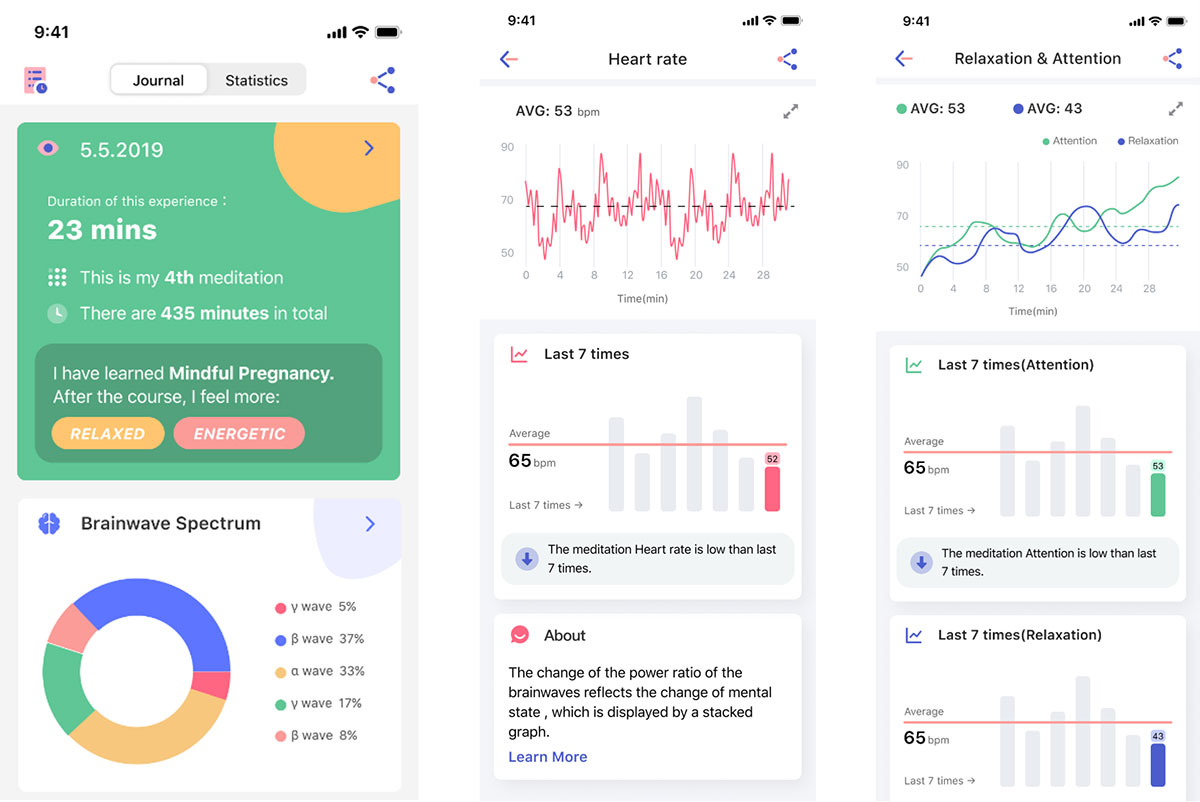
Entertech released a biosensing meditation headband at CES 2020. Called Flowtime, the sleek device measures brainwaves and heart rate to improve meditation by offering precise insight into stress, relaxation and attention levels.
Healium is a virtual and augmented reality platform that helps users decrease stress levels. Leveraging output from wearable devices that users already own, Healium’s technology analyses real-time brainwave and heart-rate data that, when paired with their AR app or a VR headset, creates a virtual environment that visualises the users’ feelings.
Also showcased at CES 2020, Tripp offers “fitness for your inner self.” The immersive VR-guided meditation leads users through a virtual world on an eight-minute-long mindfulness practice. Tripp was born out of the question, “Could we hack mindfulness to start with, then could we start to hack other moods to give you more agency over how you feel?” Tripp CEO and cofounder Nanea Reeves tells Wunderman Thompson Intelligence: “I don’t think that you can separate out mind from body; it’s a whole system.”
These emotional trainers herald the next generation of wearable innovation and immersive experiences, reflecting consumers’ evolving approach to health management.
published on
15 January 2020
Category
More in Technology & data

How to build your brand in-game
A new research report from WPP and SuperAwesome
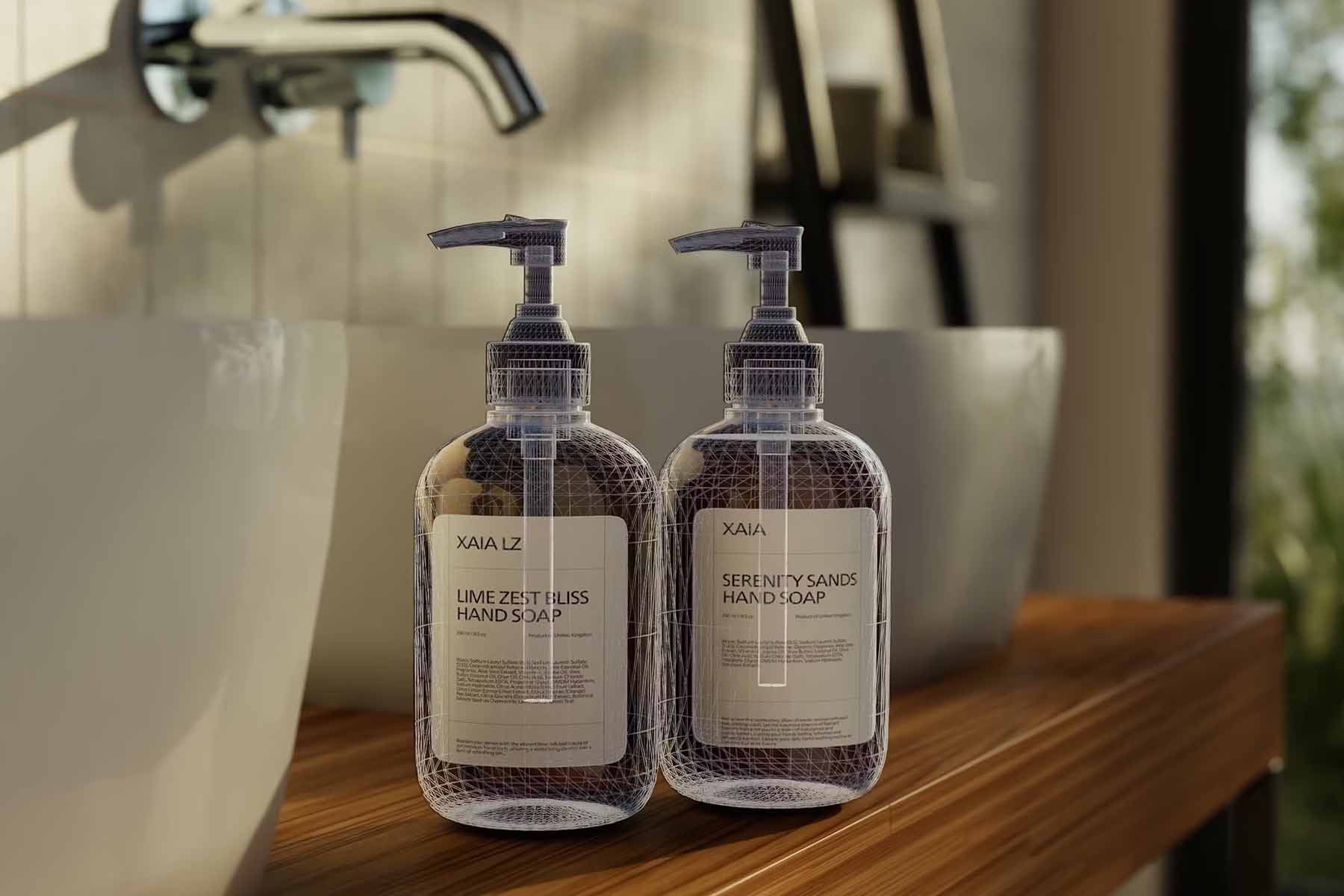
WPP puts itself at the heart of collaborative 3D worlds
Pixar's 3D animation file format – USD – is the invisible building block of our digital 3D future.
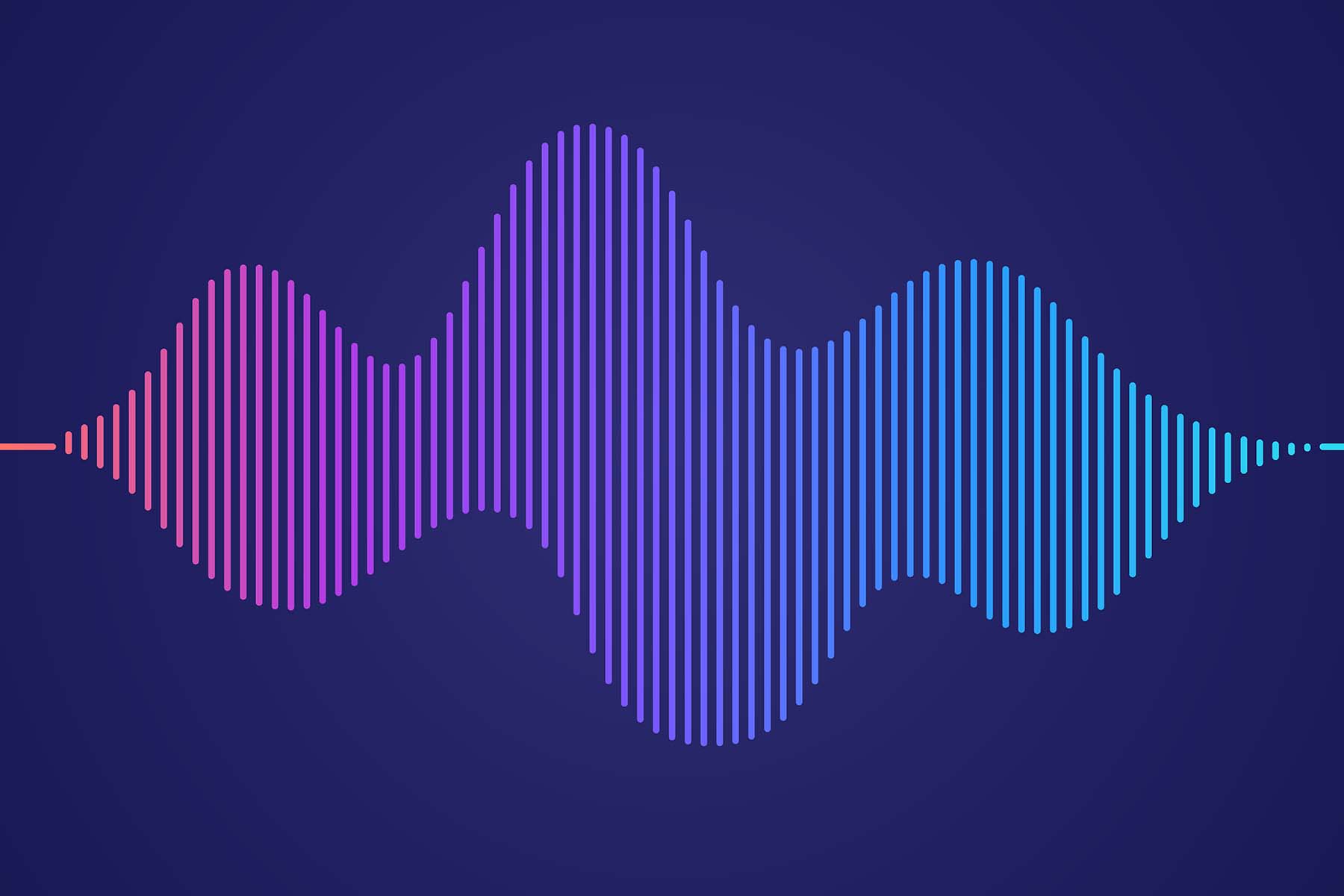
A clarion call for AI, accessibility & advertising
Innovating at the intersection of AI, accessibility, and advertising

